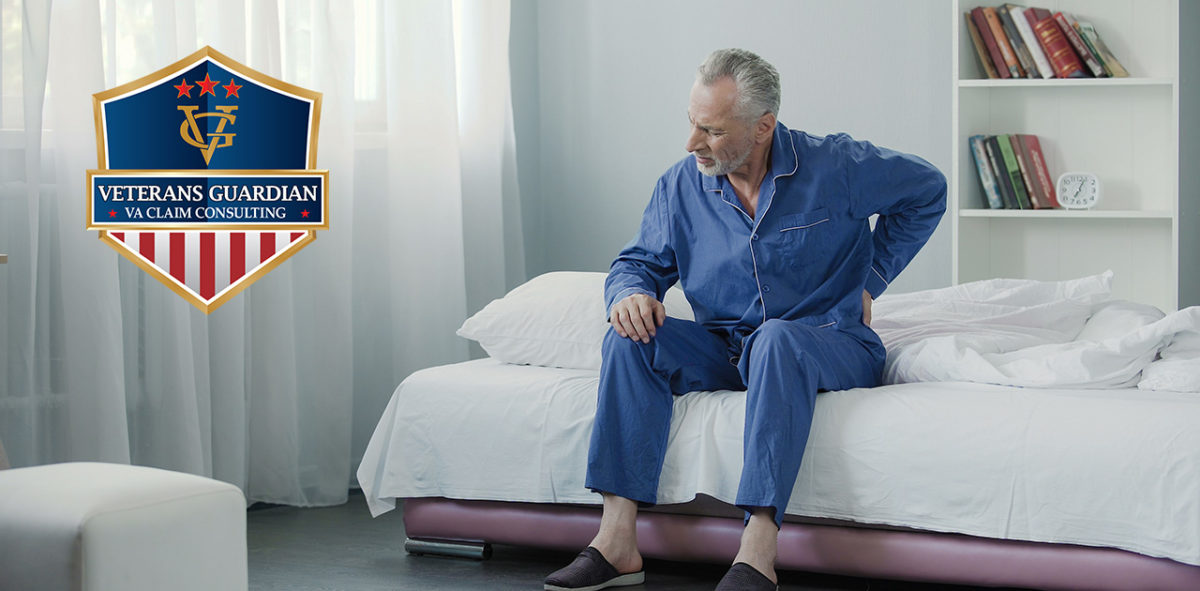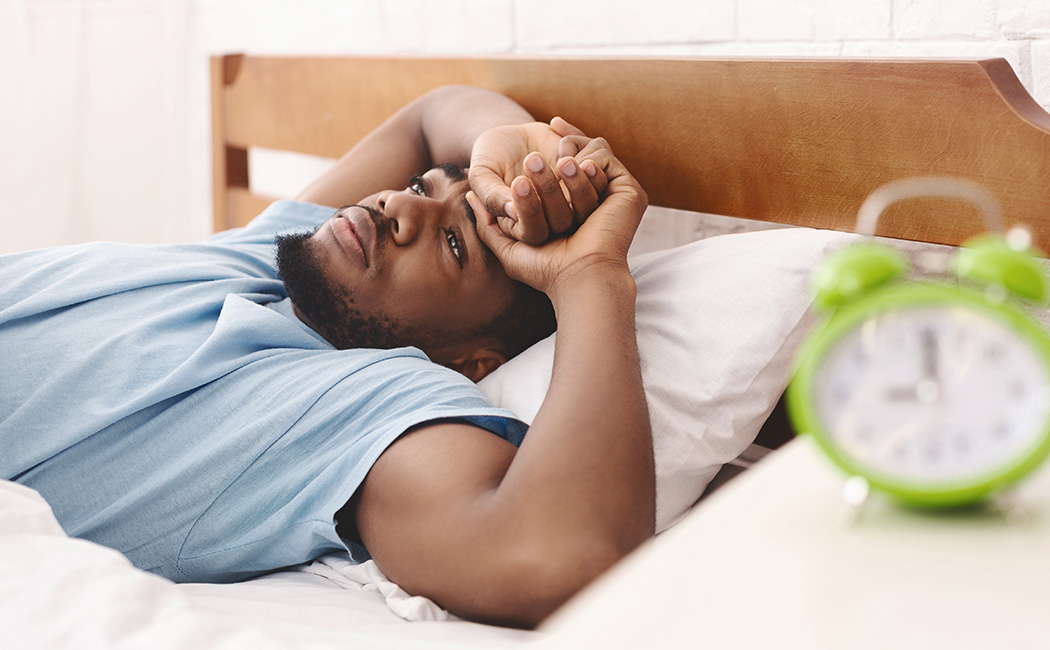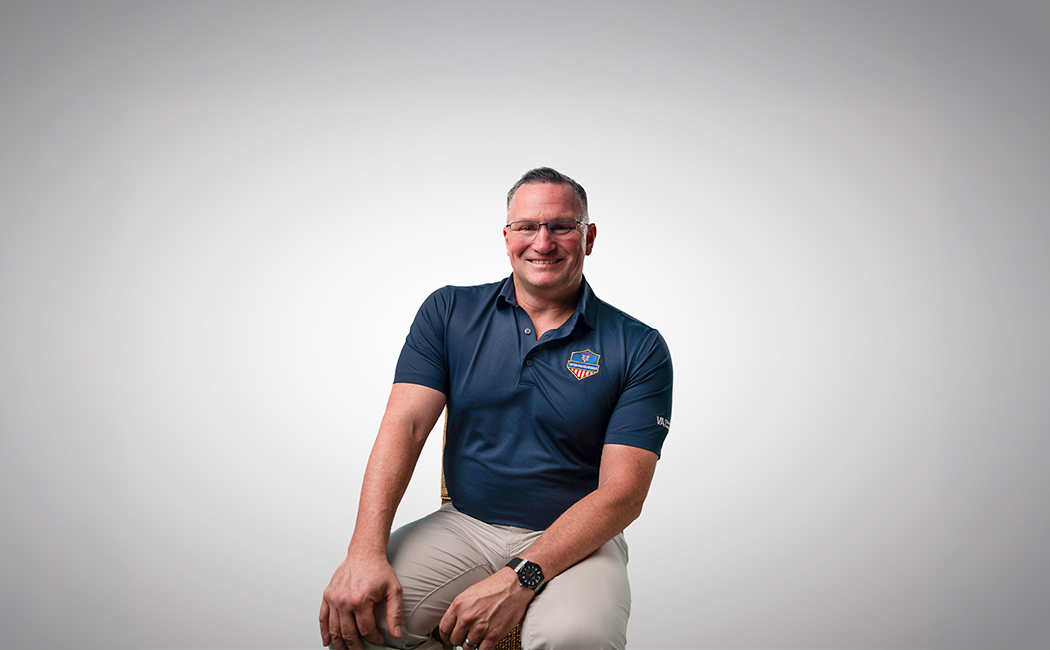
For many Veterans, restful sleep is unattainable due to a variety of reasons. Though it’s recommended to sleep seven to nine hours, many Vets actually obtain far less – averaging only five and a half or six hours per night. And while there are a variety of reasons behind the sleeping issues, one common reason is chronic pain. Sleep troubles and chronic pain are difficult to cope with, but it’s not impossible.
Poor and insufficient sleep from chronic pain can have many negative consequences that trickle down into every aspect of life. In fact, low quality or lack of sleep can cause both physical and mental health troubles, as well as employment and relationship issues. Sleep disorders due to chronic pain can take a serious toll on many Veterans. That’s why the VA recognizes them as a separate disability. With pain-related sleep concerns being a major health concern, Veterans may be eligible for additional VA disability compensation.
While more sleep won’t guarantee a happier mood or better health, a lack of rest could adversely affect both – so it’s important to correct sleep disorders. There are several steps that can help you improve sleep troubles.
How to get better sleep despite sleep troubles and chronic pain
You don’t have to live with sub-par sleep, and in fact, letting a sleep disorder go untreated can be dangerous to your health or the safety of those around you.
- Eat well and exercise. Regular activity and meals that center around vegetables will lower stress and improve sleep. Go outside in the daytime to help regulate your internal clock. Avoid alcohol and smoking before bed.
- Practice good sleep hygiene. Go to bed and wake up at the same time every day. Your bedroom should be dark, cool, and quiet.
- Manage your stress. Find a book or podcast to teach you simple meditation practices. These can be very powerful, as they clear your mind of worries and allow you to relax. Veterans are known to be on “high alert” long after they return from duty, so regular mindfulness or meditation can be an important practice.
- Talk to a therapist. Mood symptoms like anxiety and depression can make it hard to sleep, but lack of sleep can also worsen emotional struggles, so the cycle feeds itself. Find a specialist in sleep disorders, and specifically one trained to help Veterans.
- Consult with your doctor. Ask for a referral to a sleep medicine specialist. In conjunction with sleep hygiene changes and therapy, you may benefit from sleep medications or treatment.
Source: National Sleep Foundation















